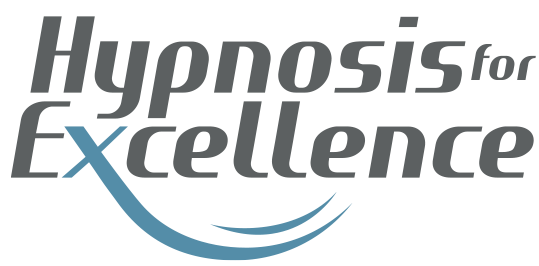Research On Hypnosis & NLP
Over the years there have been many research studies completed that show that hypnosis does indeed work. There have also been many that show how effective hypnosis is for a wide variety of specific treatments. Here are just a few examples of some of these studies.
Real Brain Effect
Hull University researchers found that hypnosis has a ‘real brain effect’ when analyzed doing certain activities on brain scans under hypnosis. One psychologist, Dr. Michael Heap concluded that the study backed the theory that hypnosis "primes" the brain to be open to suggestion. The study leader Dr. William McGeown reflected that "This shows that the changes were due to hypnosis and not just simple relaxation. Our study shows hypnosis is real."
Weight Loss
A study showed that, when comparing the results of adding hypnosis to other weight loss treatments across many different methods, adding hypnosis increased weight loss by an average of 97% during treatment. It also showed that hypnosis increased the effectiveness after the treatment by a whopping 146%. This shows that hypnosis works even better over a period of time.
Journal of Consulting and Clinical Psychology
A study of 60 women divided into hypnosis and non hypnosis control groups, found that the groups using hypnosis lost an average of 17 pounds, while the non-hypnosis group lost an average of only 0.5 pounds.
Journal of Consulting and Clinical Psychology
IBS
In a recent review of available controlled studies in the field of gastroenterology conducted at the University Hospital of South Manchester, scientists discovered that hypnotherapy is clearly beneficial for patients suffering from gastrointestinal disorders such as irritable bowel syndrome and peptic ulceration.
Whorwell PJ.Use of hypnotherapy in gastrointestinal disease. Br J Hosp Med (ENGLAND)
Scientists at the Gastroenterology Unit, Frenchay Hospital, Bristol came up with similar results. 33 patients with irritable bowel syndrome were treated with four 40 minute sessions of hypnotherapy over 7 weeks. Twenty of the group improved, and eleven of these were shown to be completely free from all symptoms. The researchers concluded that hypnotherapy in groups of up to 8 patients was as effective as individual therapy in the treatment of irritable bowel syndrome. Meaning that sessions did not need to be specifically tailored to each individual – giving more credibility to effectiveness of pre recorded sessions.
Harvey RF et al. Lancet (England)
Skin Disorders
Dermatitis and many other skin complaints such as psoriasis and eczema are widely considered to be stress related diseases. Hypnotherapy is well known to be very effective at treating emotional stress. Psychological tests have revealed that dermatitis sufferers are usually more anxious people, and as their levels of anxiety are reduced, their skin condition improves. Most clinicians and researchers agree that stress affects the course of dermatitis and eczema, and reducing stress levels has a positive effect on the course of the disease. Several documented case studies have directly revealed that hypnosis can offer a successful treatment for sufferers.
Kantor SD Psoriasis Research Institute
Healing Wounds
Research at the Harvard Medical School showed that hypnosis increased the rate of recovery on patients who had undergone surgery. The research was compared to patients who had received the same surgery but without hypnosis.
Cromie, W.J. Hypnosis Helps Healing. Harvard University
Pain Control
Researchers at the University of Iowa Roy J. and Lucille A. Carver College of Medicine, used functional magnetic resonance imaging (fMRI) to find out if hypnosis alters brain activity in a way that might explain pain reduction.
The researchers found that volunteers under hypnosis experiencedsignificant pain reduction in response to painful heat. They also had a distinctly different pattern of brain activity compared to when they were not hypnotised and experienced the painful heat. The changes in the brain activity suggest that hypnosis somehow blocks the pain signal from getting to the parts of the brain that perceive pain. These results were reported in the November 2004 issue of Regional Anesthesia and Pain Medicine.
University of Iowa Health Science Relations
Immune System
In a study of medical students under exam stress, researchers found that those who received self hypnosis training did not show the same reduction in key immune system components that the untrained group did.
The researchers also found that during exam time, the students launched stronger immune responses compared with students who did not learn self hypnosis. It was also noted that the more often students practiced self hypnosis, the stronger their immune response became.
Journal of Consulting and Clinical Psychology
Fertility
A research team from the Soroka University in Israel found that 28% of women in a group of 185 who were hypnotised became pregnant, compared with just 14% of those who were not. Hypnotherapy was used to relax the spontaneous womb contractions which can hamper the embryo transfer stage of IVF treatment. Dr Levitas commented that “Performing embryo transfer under hypnosis may significantly contribute to an increased clinical pregnancy rate”.
Ryan, C. BBC News Online
